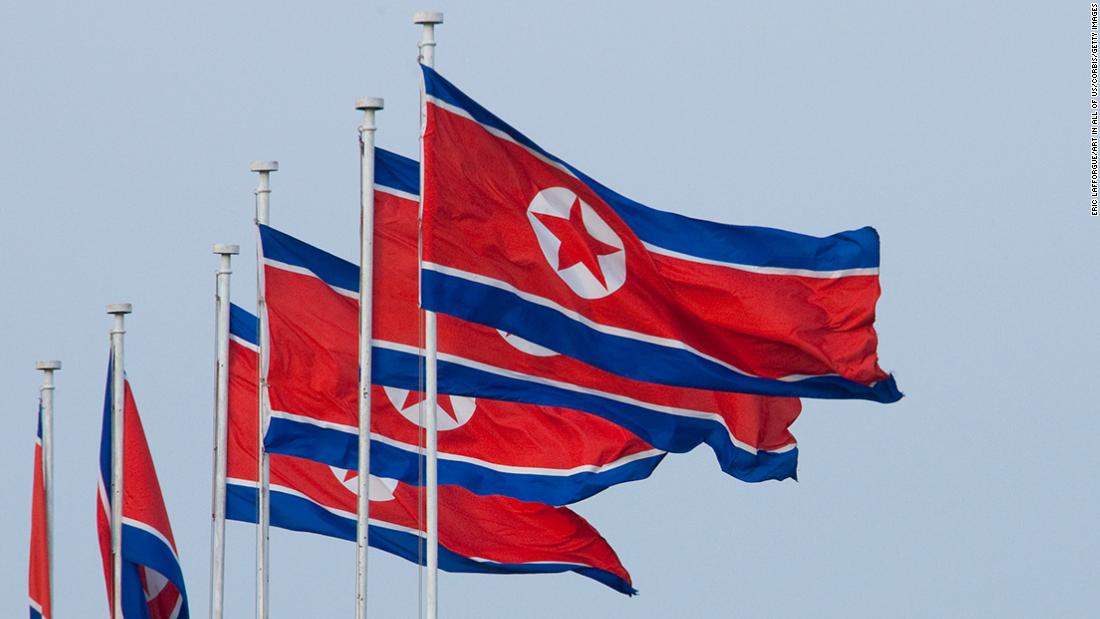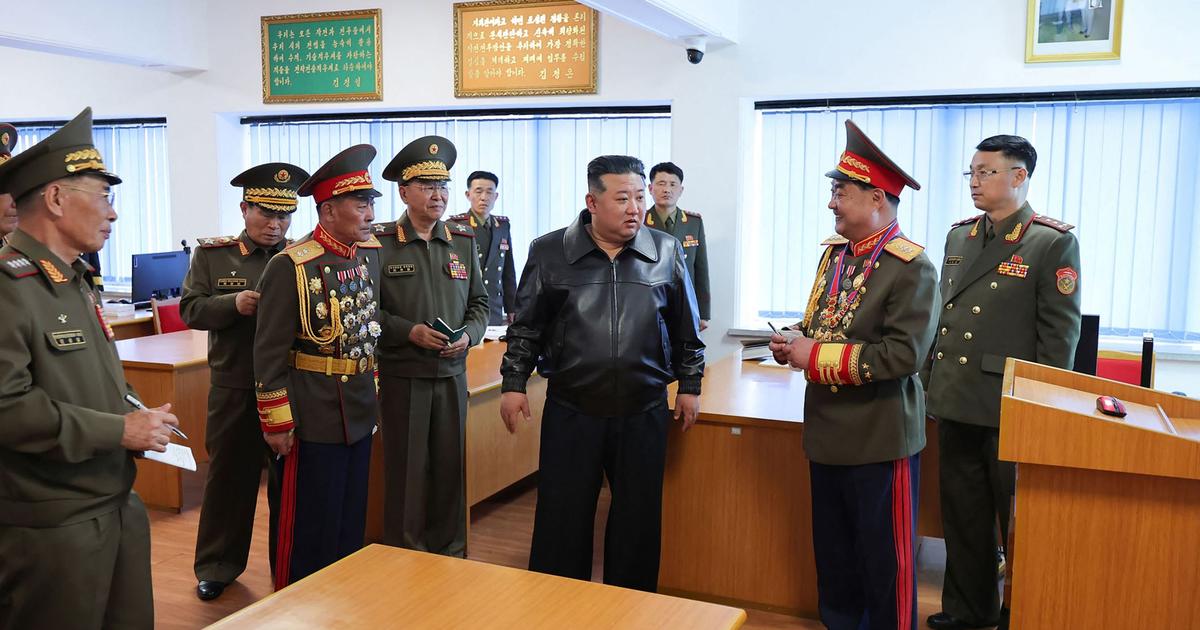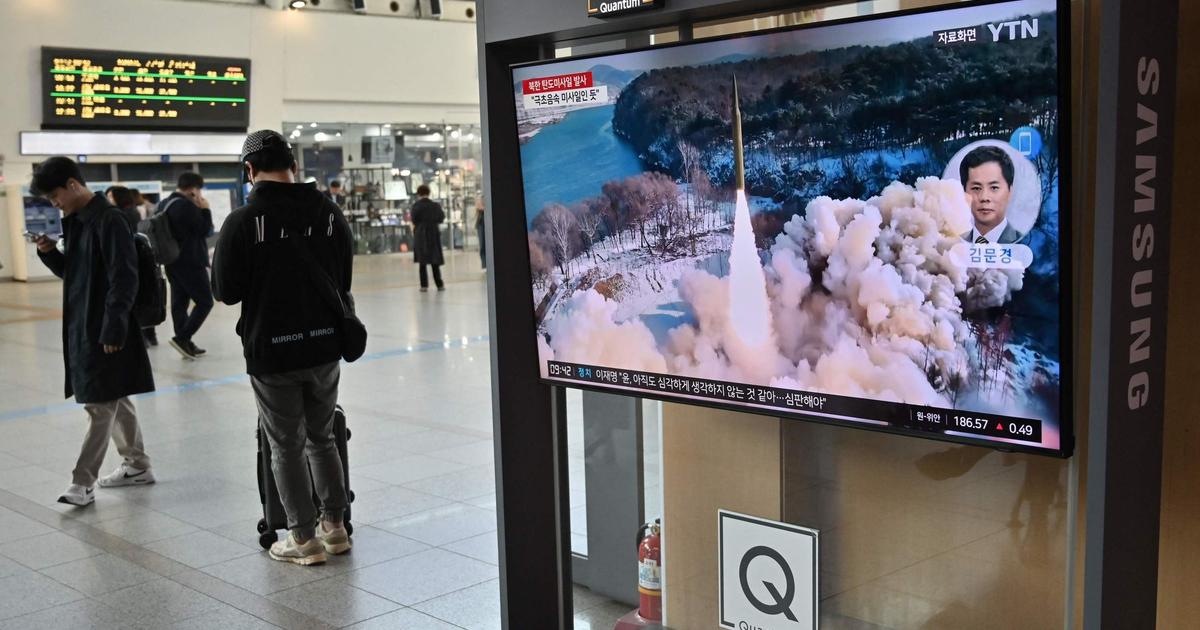They commemorate the 75th anniversary of the ruling party 0:31
SEOUL, South Korea (CNN) -
Systematic torture, sexual abuse and dangerous health conditions abound in North Korea's pre-trial detention system, according to a detailed new report released Monday.
The Human Rights Watch (HRW) document sheds light on an often opaque criminal justice system, in which suspects are seen as "worth less than an animal."
Based on interviews with dozens of detainees and former government officials, the lengthy 88-page report by US-based HRW focuses on the allegedly inhumane conditions in the country's pretrial detention centers.
"North Korea's investigative and pretrial detention system is arbitrary, violent, cruel and degrading," Brad Adams, Asia director at Human Rights Watch, said in a statement.
"North Koreans say they live in constant fear of being trapped in a system where official procedures are often irrelevant, guilt is presumed and the only way out is through bribery and connections."
The report highlights what it describes as North Korea's "weak legal and institutional framework," as well as the highly political nature of its courts and law enforcement agencies under the country's ruling party.
advertising
Former US prisoner: "735 days in North Korea was too long"
Torture of detainees in North Korea
Human rights abuses within the isolated state have been well documented over the years, including by a United Nations Commission of Inquiry in 2014, but little is known about the pre-trial system.
The report interviewed eight former government officials and 22 former detainees.
All those interviewed fled the country after 2011, the year the country's current leader, Kim Jong-un, took power.
In testimony provided to HRW, former detainee Lim Ok Kyung said she was arrested in 2014 for smuggling goods from China.
She said that her husband was a mid-level member of the Party and that through connections she was able to secure his release after ten days.
However, Lim said that during her detention she was beaten and abused.
"Some guards who passed by beat me with their hands or kicked me with their boots ... For five days they forced me to stand up and did not let me sleep."
Other testimonies coincide with Lim's allegations of arbitrary beatings and torture, and some former detainees have recounted how they were forced to sit on the ground for 16 hours on their knees or cross-legged, with their heads bowed.
If they moved, they were beaten, the report states.
Some women report rape and sexual abuse while in detention
Some women said they were sexually abused or raped in detention.
Kim Sun Young, a former merchant in her 50s, said her interrogator had raped her in a detention center, while another police officer assaulted her by touching her body while questioning her.
Kim said she had felt "powerless to resist."
Other women spoke of the lack of legal support once detained, as well as the absence of basic hygiene amenities such as soap, menstrual supplies or blankets.
All said they were being held in extremely unsanitary conditions.
Another former detainee, Yoon Young Cheol, said that once inside the system, "they treat you like you're worth less than an animal, and that's what you end up becoming."
After a trial, Yoon, a former government employee, was sentenced to unpaid forced labor for five years on charges of smuggling prohibited products, such as herbal medicines, silver, and gold.
Former detainees and officials who spoke to CNN confirmed the report's findings.
A former police officer, Heo Jong-hae, said that she and her colleagues were rated based on the number of confessions they obtained.
“As soon as they get to the police station, they start beating you.
They are thinking, let's add more to my numbers.
"If they solve the crime, it helps advancement and advancement through the ranks," Heo told CNN.
Clues about what happens in North Korea 3:42
North Korea did not comment on the report
Heo worked in the North Korean capital Pyongyang in 2000, but said things are even worse now, according to information provided to him by family and friends who are still in North Korea.
Kang Ri-hyuk, a former military officer, told CNN how he was jailed for four days in 2013 for stealing corn.
He was released after bribing the guards with money and tobacco.
“In prison, they treat you like a pig or a dog.
They beat you mercilessly.
I couldn't walk for a week afterwards because my knees were hit, ”Kang said.
Kang said the blows were so strong that even now, several years later, he has trouble walking on rainy days and his joints were damaged during his time in detention.
HRW said it sent questions to the North Korean regime and asked for cooperation with the report, but has received no response.
Phil Robertson, deputy director of HRW's Asia Division, told reporters Monday that this was not a surprise.
He added that North Korea's reaction is "generally just news reporting what we have found."
HRW called on North Korea to "end endemic torture and cruel, inhuman and degrading treatment in pre-trial detention and interrogation facilities."
North Korea has consistently denied that human rights abuses take place within its borders despite the fact that the UN Commission of Inquiry found that the regime was carrying out "unspeakable atrocities" against its own people and committing "systematic violations. widespread and serious human rights issues "," which amounted to crimes against humanity. "
North Korea















